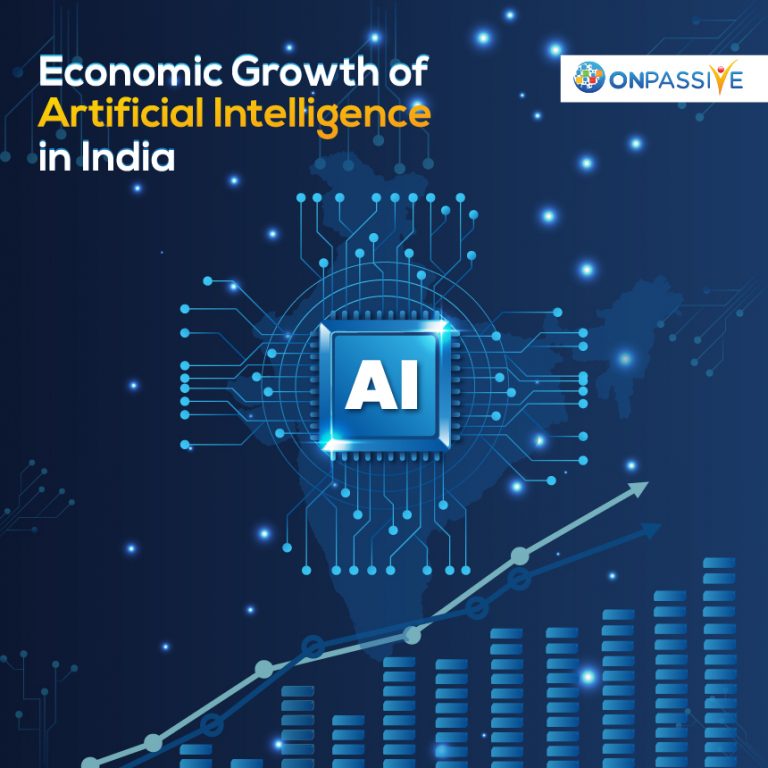
An exciting aspect of the growth of Artificial Intelligence (AI) discussion continues to change as we board and popularize new applications.
For example,
- Voice assistants
- Live translations
- Driving capabilities are now in use are often considered a pedestrian and not ‘real AI.’
In short, once researchers solve an issue, it’s never considered as AI but rather merely computations.
Instead, there is no straightforward definition of artificial intelligence, but; it is the most easily understood with an attempt that develops computing resources capable of performing a task that must be human intelligent.
AI is an encompassing technology that always holds to mandate multiple and overlapping disciplines.
They are retrieved from knowledge-based, and processes are taken from statistics, mathematics, computer sciences, and other specialized expertise that creates models, software programs, and automated aids.
Several companies such as Apple, Amazon, Microsoft, Google, and Facebook are all employing AI technologies like deep learning, machine learning, and language processing to provide new and enhanced experiences across their services.
They have been acquiring AI startups that target different capabilities and have developed technologies like Siri, Alexa, Google Assistant, and Google Lens, all available on consumer devices.
Based on these acquisitions, Apple launched Face ID, a facial recognition technology for securing android phones. This technology is available in most 2020 mobile products.
Google has dedicated enormous resources to its AI capabilities and has research areas ranging from Education to Machine Intelligence to Quantum Computing.
The company recently invested in six AI-based research projects in India that focus on various environmental challenges, healthcare, and education.
Financial institutions and hospitals have started utilizing AI systems for fraudulent detections and diagnoses of several diseases that harness their information’s potentiality and tackle more complicated issues.
Some deep learning techniques are used for video analytics to help clients in the energy, real estate, and maritime sectors by providing real-time alerts for detecting intrusions, evaluating traffic flow density, facial and character recognition for law enforcement services.
Applications of Artificial Intelligence
The applications of AI are multiple includes—-
- The prestigious challenges that supply chain management faces without computational power can vary from lack of visibility, weak links, matching demand with production, and suppliers’ regulation.
- AI programs that control and respond to pipeline supply chains with the response to real-time or anticipated demand.
- Machine Learning and Internet of Things devices are also looped in on the information exchange, where intelligent monitors can automatically pinpoint failing links in the supply chain.
- AI can also make the online retail experience more intuitive and compelling. Analytics systems explore existed user graphs to get new users and virtual sales agents, while predictive algorithms are engaged with users to develop sales purchases.
- For managing operations, an Artificial Intelligence program can measure the arrangement of faults in the production component.
- Machine vision provides automated visual inspections where personal systems learn from employee input and previous performance that allocates the best employees available.
- An IT industry also uses a self-learning algorithm that forecasts and prevents maintaining request.
There is no surprise then that the Indian landscape is also booming with AI research and startups.
A few significant examples of these are:
Staqu:
It is a Gurugram-based startup that specializes in security software to help mitigating crimes. It employs an AI-based facial recognition technology that detects criminals in a crowded environment. A new sophisticated version of this is called China’s big-data police system called Skynet.
Blue Sky Analytics:
It provides a real-time environmental input using AI, with a high resolution and frequency with-respect-to air pollution. They also provide air quality forecasts for the next three days, along with comparisons.
Intello Labs:
Works with the agricultural industry to provide image detection, analysis, grading, and testing of commodities such as corn, tomatoes, wheat, potatoes, onions, and soybeans.
Leverage Edu:
An AI startup that provides educational mentoring and guidance for students through the college admission process. This application is available for professionals too.
Niramai:
It uses a technology called ‘Thermalytix,’ a thermal sensing device that scans the chest area like a camera (and solves privacy and touch). Once a pathologist produces the scan, early signs of cancer can be predicted.
With an increased implementation of automation and AI in organizations, there are also specific concerns regarding potential unemployment options.
However, proponents of this technology, which has now found an almost irreversible place in everyday life, argue that AI could be leveraged in businesses to boost productivity and create a whole new set of opportunities, thus, not making jobs obsolete but changing their requirements.
Perhaps the bounds of computing capabilities cannot be set. However, for now, they remain defined by the technical challenges we must overcome to achieve accurate artificial intelligence.
The rapidly evolving field is surging rapidly to penetrate all industry sectors, which can change global social and economic interactions for the better if used empathetically and reasonably.



STEMLER JÁNOS
3 years ago
Jesús Sãmano
3 years ago
Rajesh
3 years ago